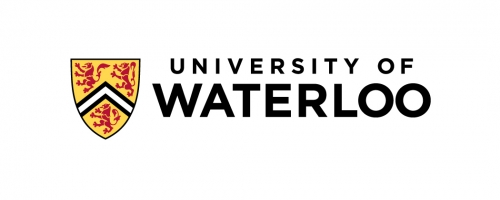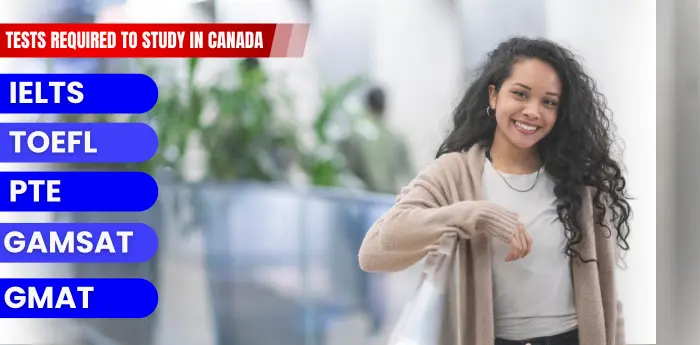Do you want to study in Canada but need help figuring out where to start? These are five simple measures you may take to make your application to Canadian universities. The detailed application process is elaborated below:
Step 1 : The first and foremost step is to find a university or college where your preferred course is available. Consider where you want to live while you study before selecting a school. Which would you rather have—big, bustling cities or cosy, rural towns? Or maybe a middle ground? Once you've decided which programmes or institutions interest you, get in touch with each one to learn more about their offerings and admissions policies.
Step 2 : Checking the eligibility requirements comes next after you've chosen the course and made a shortlist of universities. Verify your eligibility for the specific course and any required documentation while completing the application. Supporting materials include LOR , SOP , bank statements, essays, current resumes, and official transcripts of prior academic degrees. Begin gathering the necessary documents to move forward with the application process.
Step 3 : In order to be eligible for the course, you might need to take some required examinations during the application process. It is necessary to administer tests such as the GMAT , GRE , IELTS , PTE , or TOEFL if the university requires them. One of the essential documents for the application procedure is a copy of the test results for these proficiency scores.
Step 4 : Create a budget and determine how you will pay for your education. These expenses will change depending on where you decide to study in canada. Apart from this, you can also research for scholarships, fellowships, or any allowances if available.
Step 5 : Once you have gathered all necessary paperwork, completed English language competency exams, and verified your financial situation, you are prepared to complete the application. Verify the deadlines for applications at each university. Ensure you complete the forms for your professional and personal credentials. Submit your saved application form to the university before the deadline.
Step 6 : Universities need a few weeks to process your application after you submit it. You will receive an email if you are accepted or rejected. You must select one offer if you get an offer from more than one university or college and determine whether or not to enrol in that university. You'll either receive an unconditional offer, indicating the student's acceptance into the specific course, or a conditional offer, indicating that admission will only be confirmed subject to the student meeting specific requirements; typically, test results would be the response. In order to accept the offer, you must adhere to the guidelines in the letter.
Step 7 : You would have to deposit a particular amount of your tuition fee before a university's deadline after being accepted. Additionally, since accommodations fill up quickly, you must apply for them as soon as possible.
Step 8 : Once you've accepted the offer and paid the required amount, apply for a student visa to enter Canada. Compile the necessary paperwork and submit your study permit application. This would be the last stage of the admissions process.
Before applying for a visa, we need to take a Medical test; please include that Medical test. Another requirement to apply for a visa is GIC. We need to add these two things before filling out the visa.
Step 9 : You've completed most of the work now, so get packing! Here is a checklist to assist you in getting ready for your trip:
- Verify travel details regarding Canada admission.
- Purchase a plane ticket to your intended destination in Canada.
- Verify the number of luggage you are permitted to bring and the customs regulations.
- Determine the type of health and travel insurance you require.
- Make copies of your key documents to leave at home, scan them to transmit to your email address, and bring the originals when needed. This comprises the acceptance letter from your school, any other paperwork requested by your institution, and your vaccination and medical records.






































.jpg)